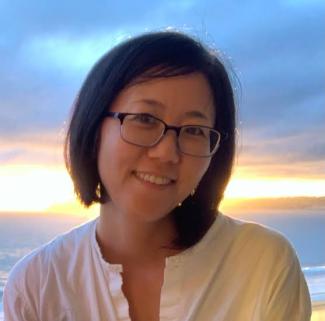Event

After fiercely protecting farmers for decades, the Japanese government began pursuing agricultural liberalization after the Great Recession (2007-2009). Why? I argue that hard times make invisible costs of subsidizing special interests more visible, and lead to stronger demand for free trade among those who shoulder the costs of protection. I test this argument by leveraging the staggered rollout of the Farm Income Compensation Program across Japanese prefectures under the DPJ government, in which rice farmers participated before the 2010 House of Councillors election and field-crop farmers after the election. Voters were exposed to farm compensation in their communities at different timing and rates. Difference-in-differences estimates of geo-referenced panel survey data and changes in prefectural party vote shares between 2009 and 2010 elections lend support to the argument. In particular, child-rearing voters who disproportionately shouldered the costs of farm protection were more likely to oppose agricultural protection and to switch votes from the DPJ to other parties and this backlash effect is larger in rice-producing prefectures compared to those in field-crop prefectures.I supplement this finding with the analysis of prefectural-level surveys on public school lunch fees.
Megumi Naoi is an Associate Professor of Political Science at University of California, San Diego and an editorial board member of International Organization and an associate editor of Journal of East Asian Studies and Japanese Journal of Political Science. Her research interests bridge the fields of international and comparative political economy with particular interests in the politics of trade and redistribution. Her regional expertise is East Asia, particularly Japan. She is the author of Building Legislative Coalitions for Free Trade in Asia (Cambridge University Press, 2015), which received honorable mention for the 2016 William Riker Award for the best book on political economy published in the past three years by American Political Science Association. Naoi’s other works have appeared in American Journal of Political Science, Annual Review of Political Science, Comparative Political Studies, International Organization, International Studies Quarterly and others. Her current work examines consumer backlash against globalization, how political tensions can increase merger and acquisitions, and a collaborative project on Japanese firms and economic national security with the Japanese Ministry of Economy, Trade and Industry.
This is a hybrid event. Register here.